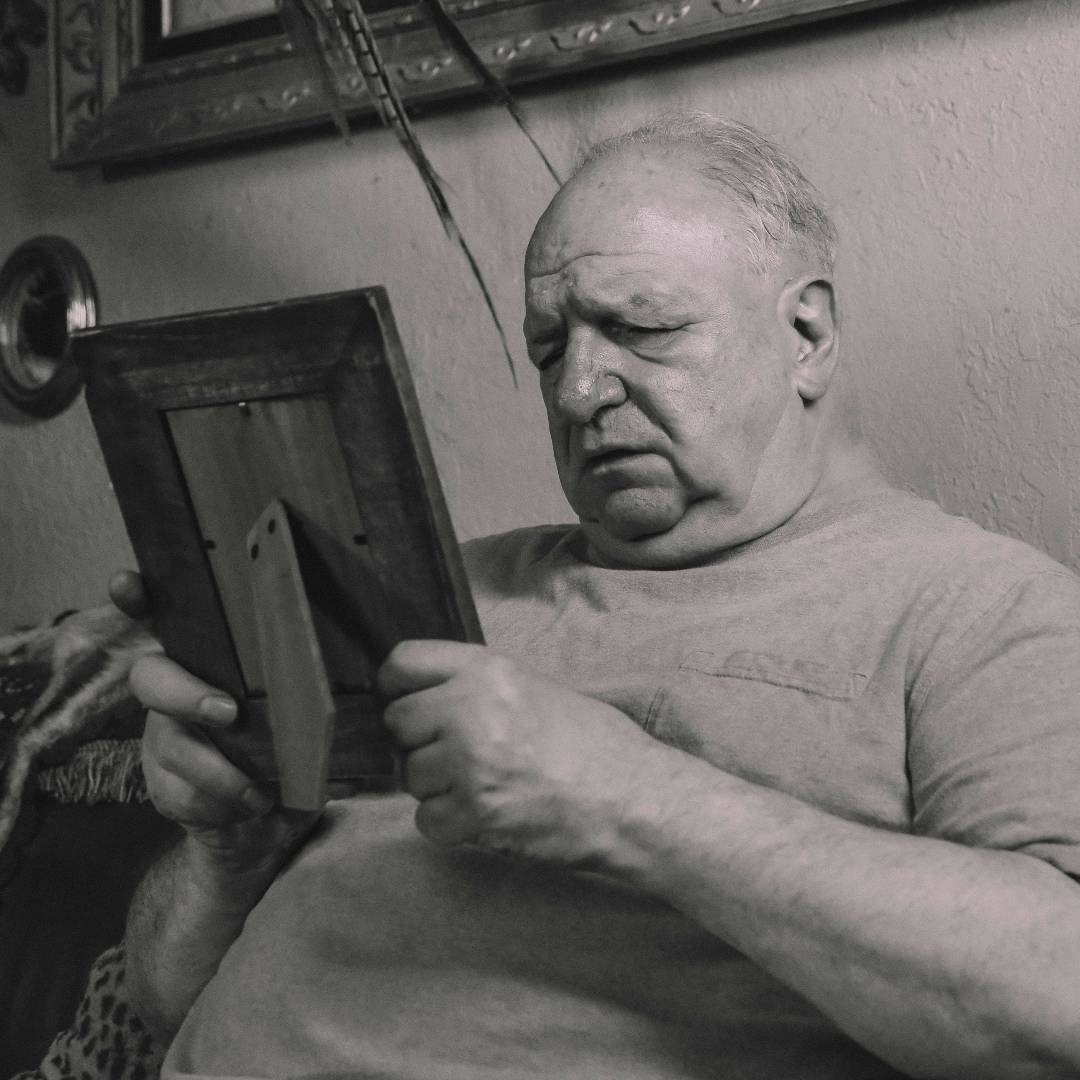Just A Little Bit
Just A Little Bit
My default mode is all-or-nothing. Do I want to volunteer at church? I’m gonna sign up for everything and do it all. Do I feel overwhelmed about keeping memories for the kids? No one gets a baby book at all. Do I want to lose weight? I track every single calorie and work out for two hours, five days a week. Am I struggling to find time to write while the kids are home for the summer? I should just quit writing altogether.
What I love about the all-or-nothing mentality is that when I put it in writing like this, I can clearly see the absurdity of my logic. Yet, when I’m in my moments of being overwhelmed, quitting completely feels like not only a rational option, but the only viable one.
I’ve developed many different strategies for combating this all-or-nothing mentality, including prayer, taking deliberate personal time, and talking to a friend who is currently more rational than I am. But sometimes the best defense is a good offense, and I’ve been working on reminding myself that even if I can only accomplish a little bit, that still has value.
The reality for me is that during the summer, when my four daughters are home all day, I won’t be gifted with large blocks of time for writing. Thirty minutes, first thing in the morning may be all I get one day, and that is still better than not writing at all. I don’t have the luxury (nor endurance) for two-hour workouts anymore, yet twenty minutes on the elliptical still beats sitting on the couch all day.
Ever since I made a pilgrimage to Fatima in November of 2022, my heart has longed to move to Portugal. I’m telling y’all—all-or-nothing. I felt so much peace and so close to God while I was there that I want to uproot the whole family and move to a country where we don’t speak a single word of the native language.
One of my favorite heavenly friends, Saint Thérèse of Lisieux reminds me every day (through my garden flag) to bloom where I’m planted. It’s possible God wants me in Fatima one day, but I know that today is not that day. My kids are struggling enough with a move within the continental U.S., and I can’t imagine if we took them to a whole new country without explicit direction from God.
Yet my heart longs for that pilgrimage feeling, so in my growing attempt to do just a little bit, I planned something slightly smaller than a move to Portugal. This past weekend, my family went on our first ever mini-pilgrimage. We have visited churches while traveling before, but we’ve never set out with the sole purpose of growing closer to Christ through experiencing a holy site right here, close(ish) to home.
Now that we live in Kansas, we are only about two hours away from Gower, MO, the home of the Benedictines of Mary, Queen of the Apostles. This may sound familiar, as this is the place where the body of their foundress, Sister Wilhilmena Lancaster, has been discovered as “incorrupt.”
Her body was not embalmed, and she was laid in only a simple, wooden coffin. Yet after four years in the ground, her body and habit remain intact. A case for sainthood has not even been opened yet, since it hasn’t been five years since her death. The nuns of the abbey excavated her remains to move her to the newly completed St. Joseph’s Shrine, fully expecting to find only bones to inter. I can only imagine the reactions of her fellow sisters when they made that discovery!
Since we were going to be in Missouri, we decided to also stop by the nearby town of Conception, which is the home of an abbey of Benedictine monks, a seminary, and the Basilica of the Immaculate Conception. We left home on Sunday afternoon after Mass with our regular parish and visited the stunning basilica (including cookies baked by monks!) before getting to the hotel. Then on Monday we went to the other abbey and celebrated the traditional Latin Mass with the Benedictines of Mary, Queen of the Apostles and saw the body of Sr. Wilhelmina.
And that was it (ok, then we stopped at Sam’s Club on the way home because, you know, real life). We were out of our house for barely more than 24 hours, and it was one of the best family trips we’ve ever taken. The mini-pilgrimage was long enough to feel spiritual and fulfilling, and gratifying that I’m doing right by these kids that God has entrusted to my care. The mini-pilgrimage was short enough that my kids weren’t biting each others’ heads off and completely sucking my joy dry.
A little bit was enough. A little bit was beautiful and rewarding. I’m gonna keep trying to do just a little bit each day.
Maria Riley 2023








